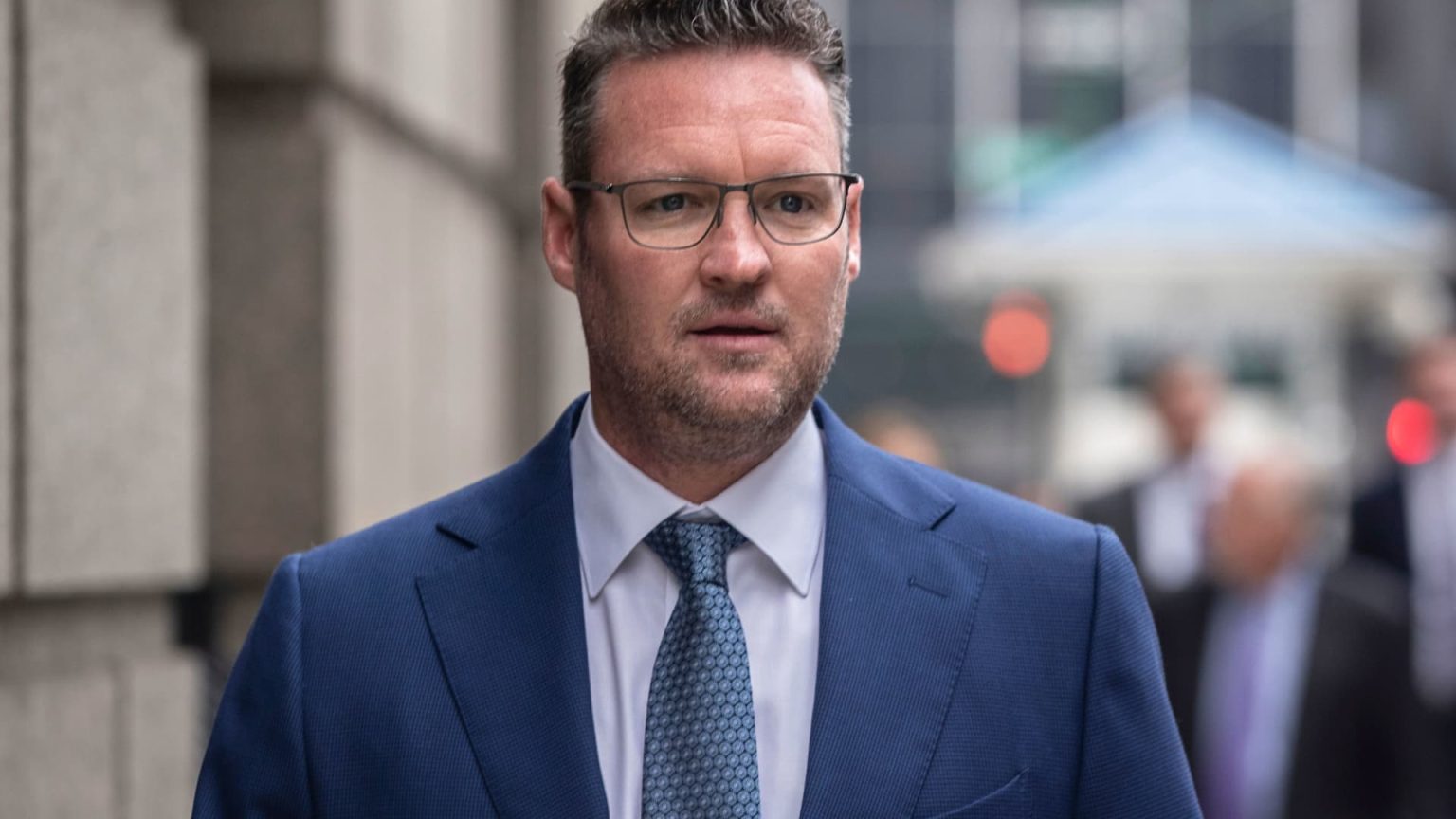In a significant political development, former President Donald Trump has granted a pardon to Trevor Milton, the founder of Nikola Corp., following his federal conviction related to securities and wire fraud. Milton was sentenced to four years in prison in December 2023 but had remained free during the appeals process. This decision raises questions regarding the implications of the pardon on ongoing legal matters and the broader context of political influence in judicial decisions.
| Article Subheadings |
|---|
| 1) Overview of the Pardon |
| 2) Reaction from Trevor Milton |
| 3) Political Context and Offer of Support |
| 4) Nikola’s Financial Struggles |
| 5) Implications of the Pardon |
Overview of the Pardon
The pardon granted to Trevor Milton signifies an important turn in his ongoing legal issues stemming from his conviction for defrauding investors. Milton was found guilty of securities and wire fraud in October 2022, facing a lengthy prison term and a financial restitution order of nearly $700 million. The pardon was issued approximately two weeks after federal prosecutors urged for restitution to be enforced, which Milton’s pardon has now nullified. This move by Trump raises questions about the precedents being set in legal processes, particularly regarding the boundaries of political intervention in the judicial system.
Reaction from Trevor Milton
In a heartfelt reaction shared via a video on social media, Milton expressed his gratitude following the presidential pardon. “Oh my gosh, oh, you won’t believe what just happened. Probably the best day I’ve had in five years,” he proclaimed. Milton elaborated that receiving a pardon from the President was a substantial relief, emphasizing, “I am free. The prosecutors can no longer hurt me.” With his conviction effectively nullified, Milton has expressed a newfound sense of freedom and closure regarding the substantial legal struggles he has faced over the years.
Political Context and Offer of Support
Trump’s decision to issue the pardon has sparked a myriad of reactions in political circles. During a subsequent press conference, Trump defended his choice, suggesting that Milton had been wrongfully persecuted for simply supporting his presidential campaign. “They brought him into New York, he had a rough, rough road,” Trump stated, framing the pardon as a necessary act of justice. Further adding to the political context, Milton has made donations to Trump and his affiliates, a gesture that may have influenced the timing and duality of political support expected from both sides of the aisle, merging corporate ambitions with political affiliations.
Nikola’s Financial Struggles
Nikola Corp., the company at the center of this controversy, has been experiencing its own trials. In a recent filing, the company announced its intention to pursue Chapter 11 bankruptcy protection, revealing that it carries liabilities between $1 billion and $10 billion while possessing assets estimated between $500 million and $1 billion. Over recent years, Nikola has struggled to maintain its market position, notably selling only 600 vehicles since 2022, exacerbated by numerous recalls due to defects in their trucks. These financial hardships coincide with the legal challenges faced by Milton, demonstrating a dichotomy of individual accountability versus corporate governance.
Implications of the Pardon
The pardoning of Trevor Milton is not only significant for him personally but also raises broader implications regarding justice system integrity in the United States. Legal experts are assessing how this action might set a precedent for the interplay between political influence and legal accountability. This instance further complicates public perception of trust in the justice system, as Milton himself noted, “It is no wonder why trust and confidence in the Justice Department has eroded to nothing.” The pardon effectively vacates Milton’s previous convictions and restores his civic rights, a move that could be seen as an endorsement of the narrative he has constructed around his legal fight.
| No. | Key Points |
|---|---|
| 1 | Former President Trump pardoned Trevor Milton of Nikola Corp., overturning his fraud conviction. |
| 2 | Milton expressed immense gratitude for the pardon, perceiving it as a restoration of his freedom. |
| 3 | The context of political support and past contributions from Milton to Trump raises questions of implications in the legal process. |
| 4 | Nikola has declared Chapter 11 bankruptcy, highlighting financial instability exacerbated by past leadership decisions. |
| 5 | The pardon raises concerns regarding the erosion of trust in the justice system and the accountability of political figures. |
Summary
The recent pardon of Trevor Milton underscores significant intersections between corporate challenges, legal accountability, and political influences in the United States. As discussions continue regarding the implications of such actions on public trust in the justice system, Milton’s experience serves as a critical case study of the effectiveness and fairness of judicial processes. The ongoing struggles of Nikola Corp. additionally highlight the impact of individual actions on broader market and societal dynamics, paving the way for further scrutiny of such pardons amidst the unfolding narrative of justice and governance.
Frequently Asked Questions
Question: What does the pardon of Trevor Milton entail?
The pardon by former President Trump vacates Milton’s conviction for securities and wire fraud, which means he no longer faces the legal penalties associated with that conviction, including prison time and financial restitution.
Question: How has Milton reacted to the pardon?
Milton expressed overwhelming relief and gratitude through an Instagram video, celebrating the pardon as a significant victory after years of legal battles.
Question: What are the implications of this pardon for the justice system?
This pardon raises questions about the integrity of the legal system, impacting public trust. It highlights potential concerns regarding the influence of political motivations in legal outcomes, potentially affecting the perception of fairness and accountability within the justice system.


